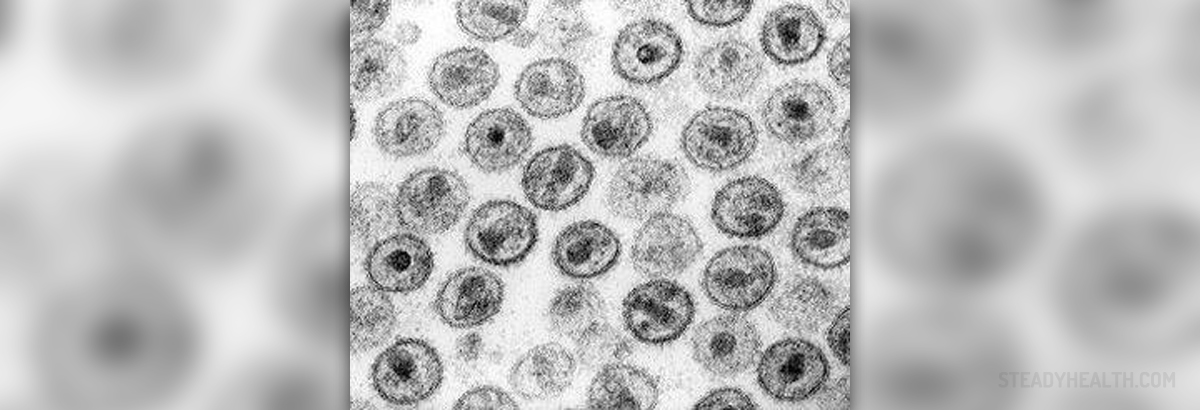
AIDS is a chronic and lethal disease affecting the human immune system. The infection responsible for damage to specific cells of the immune system is caused by the human immunodeficiency virus (HIV). The virus attacks specific white blood cells (the cells necessary to fight different infections), destroy them and once the number of these cells drops significantly, the person enters the terminal stage and eventually die due to minor infections.
AIDS is actually the terminal part of HIV. HIV is transmitted via infected blood and different body excretions. The way of transmission includes unprotected sex, sharing needles (intravenous drug addicts) and accidental pricks with contaminated needle (medical staff) and finally, the virus can be transmitted from the pregnant mother to her baby (either during pregnancy or during delivery). Breastfeeding, if the mother is infected, can also be a way of transmission of the virus to her baby.
Unfortunately, there is still no cure for HIV/AIDS. However, scientists have discovered many antiviral agents that can slow the progression of the disease to at least some extent.
HIV/AIDS Clinical Characteristics
Symptoms and sign of the infection depend on the stage of the disease.
Initially, patients may be asymptomatic but still infectious enough to allow further transmission of the virus. Most of them, however, develop non-specific symptoms a few weeks after being infected such as fever, headache, sore throat, swollen lymph glands and rash.
What follows is asymptomatic period of the illness during which the virus destroys specific white blood cells and reduces their number gradually.
Eventually, when the number of these cells is too low patients develop infections and may also suffer from chronic symptoms such as swollen lymph glands, diarrhea and weight loss, fever, cough and shortness of breath.
Progression of the disease is associated with severe weakening of the immune system and the onset of many opportunistic infections. Such infection are under normal circumstances easily overcome but patients suffering from AIDS simple cannot combat different microorganisms because of the lack of specific cells of the immune system and, ironically, they eventually die from the most benign infections.HIV/AIDS Prevention
Being familiar with all the ways of transmission of the virus makes one informed enough and ready to protect himself/herself. There is no efficient vaccine against HIV infection yet. Still, there are other means of prevention.
One must be very careful and each time he/she engages in sexual intercourse use protection. Condom is the only way to prevent transmission of HIV. If HIV woman conceives a child there is a way to prevent spread of the infection to her baby with some drugs. Fortunately, the baby may not be infected during pregnancy and further prevention would include not breastfeeding the child. Instead, the baby is formula fed. Finally, intravenous drug addicts should use their own needles and never share these items because of potential contamination.


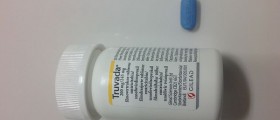





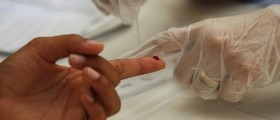
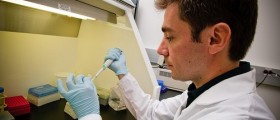

_f_280x120.jpg)


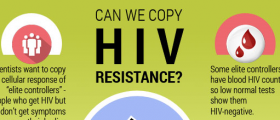


Your thoughts on this
Loading...